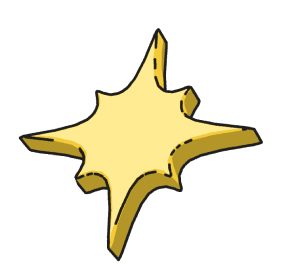Experimentation
Biology
A course by
Lincoln University
Develop practical and analytical skills to plan, conduct, and analyse biological experiments, with focus on designing experiments, statistical analysis, and reporting of scientific research.
In-person study
Face-to-face learning in a physical classroom setting


Coming Soon: Nexties Explorer
Our AI-powered Explorer is almost ready. Soon, you’ll be able to build a dynamic profile of your skills, goals, and strengths, and get a curated selection of courses just for you.
More detailsUnlock these abilities

Understand principles of scientific experimentation
Describe the underlying principles behind good scientific experimentation and the connection between experimental design and statistical analysis.

Use descriptive statistics and visual tools
Explain the value of descriptive statistics and apply visual presentation methods to scientific results.

Apply appropriate statistical tests
Identify and use relevant statistical significance tests for data analysis in different experimental settings.
What You're Signing Up For
This course equips students with the skills needed to carry out biological experimentation. It covers principles of scientific experimentation, experimental design, the relationship between design and statistical analysis, handling field experiments, processing samples, using statistical software, and reporting research findings in written and oral formats.
Course Content
- Principles of scientific experimentation
- Experimental design basics
- Link between experiment design and statistical analysis
- Descriptive statistics and visual presentation
- Statistical significance tests
- Hands-on scientific research project design and execution
- Field sampling and biological material processing
- Data recording and collation
- Use of statistical software (R & Genstat)
- Interpretation of results
- Scientific report writing
- Oral presentation of research results
What you need to know first
Biometrics, QMET-201
Introductory Statistics, COMM-111
Statistics, QMET-103 or QMET-103R
Minimum 45 credit points from any level 200 or 300 course
Or minimum 75 credit points from any level 200 course and minimum 60 from any level 300 course
Restriction: Experimentation A, QMET-301

What sort of industry will this job lead to
Biological sciences
Agriculture
Research

Future employment opportunities might be
Research assistant
Laboratory technician
Biological scientist
Agricultural scientist


Coming Soon: Nexties Explorer
Our AI-powered Explorer is almost ready. Soon, you’ll be able to build a dynamic profile of your skills, goals, and strengths, and get a curated selection of courses just for you.
More details